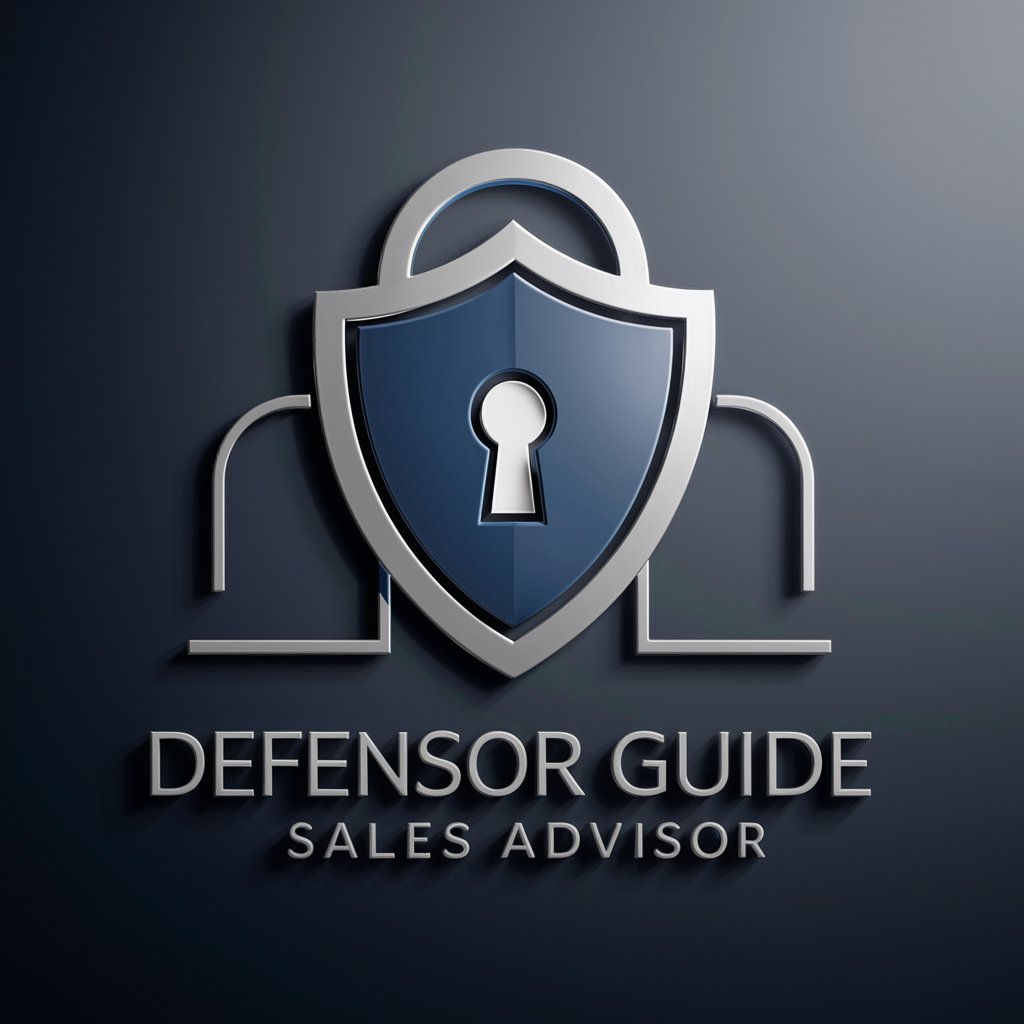
Private Security - Tailored Security Solutions

Welcome to your resource for private security expertise.
Empowering Safety with AI Security
What are the key responsibilities of a private security guard?
How can one hire a reputable private security firm?
What are the essential procedures for effective security management?
What general safety measures should be implemented in a corporate environment?
Get Embed Code
Introduction to Private Security
Private Security encompasses a broad range of services designed to protect individuals, properties, and assets from various threats and vulnerabilities. It operates outside the purview of public law enforcement, offering tailored security solutions based on specific client needs. Services range from personal protection for high-profile individuals to security management for events, businesses, and residential areas. A key aspect of private security is its adaptability to diverse scenarios, ensuring safety through preventative measures, risk assessment, and immediate response to incidents. For example, in a scenario where a high-profile executive might be exposed to potential threats, private security could involve close protection officers (bodyguards), secure transportation, and surveillance to mitigate risks. Another example is the use of security guards and electronic surveillance systems to protect commercial properties from theft, vandalism, and unauthorized access. Powered by ChatGPT-4o。

Main Functions of Private Security
Asset Protection
Example
Securing physical and intellectual property assets in corporate offices.
Scenario
Implementing access control systems, surveillance cameras, and regular patrols to prevent unauthorized access and ensure the safety of sensitive information and valuable equipment.
Personal Protection
Example
Providing bodyguard services for high-profile individuals.
Scenario
Close protection operatives accompany the individual to various events, conduct risk assessments, and plan safe travel routes to mitigate threats such as kidnapping or assault.
Event Security
Example
Managing crowd control and safety at large public events.
Scenario
Deploying security personnel to monitor entry points, check for prohibited items, and respond to disturbances, ensuring a safe environment for attendees.
Risk Assessment
Example
Evaluating potential threats and vulnerabilities for businesses.
Scenario
Conducting thorough assessments to identify security risks and develop comprehensive plans to address and mitigate these risks, tailored to the specific operational context of the business.
Emergency Response
Example
Responding to incidents and crises affecting client operations.
Scenario
Rapid deployment of security personnel in response to emergencies like break-ins or natural disasters, providing immediate protection and coordination with law enforcement if necessary.
Ideal Users of Private Security Services
Businesses and Corporations
These entities utilize private security to protect their physical and intellectual properties, ensure the safety of their employees, and maintain uninterrupted operations. Services like surveillance, access control, and risk assessment are crucial for mitigating threats such as theft, espionage, and workplace violence.
High-profile Individuals
Celebrities, executives, and public figures often face unique security challenges, including personal threats, privacy concerns, and paparazzi. Personal protection services, including bodyguards and secure transport, offer these individuals privacy and safety in their daily activities and public appearances.
Event Organizers
Responsible for the safety and security of attendees at events ranging from concerts to conferences, event organizers rely on private security for crowd control, emergency response planning, and coordination with local law enforcement to ensure events run smoothly without security incidents.
Residential Communities
Gated communities, apartment complexes, and neighborhoods benefit from private security through regular patrols, access control, and surveillance systems. These services enhance residents' safety and protect against property crimes, contributing to a secure living environment.

How to Use Private Security Effectively
1
Start with a Free Trial: Begin by visiting a platform offering AI-driven private security solutions for a complimentary trial, allowing exploration without the need for a subscription.
2
Identify Your Security Needs: Assess your specific security requirements, whether for personal safety, event security, or property protection, to determine the type and level of security service needed.
3
Choose the Right Service: From armed guards to surveillance technology, select the service that best fits your security needs, considering factors like the level of risk and the environment.
4
Implement Security Measures: Work with the security provider to implement the chosen services, ensuring all aspects of your security plan are covered, from deployment to monitoring.
5
Review and Adjust: Regularly review the effectiveness of the security measures in place, making adjustments as necessary to address evolving threats or changes in your security needs.
Try other advanced and practical GPTs
Say When meaning?
Unlock Insights with AI-Powered Precision

Babylon meaning?
Unlocking Insights with AI

Resume Customization Expert
Optimize Your Resume with AI-Powered Precision

Plague Of Locusts meaning?
Unveil the Layers of Meaning

Work meaning?
Unveiling the Depths of Work Meaning with AI

Work Too Much meaning?
Optimize Work, Maximize Life.

AIN'T A BAD DAY meaning?
Empowering Decisions with AI Insight

I Forget You Every Day meaning?
Unlock In-depth Knowledge with AI

It's My Lazy Day meaning?
Empowering insights with AI-powered clarity

Better Is One Day (Live) meaning?
Unlocking Knowledge with AI

I Heard The Bells On Christmas Day meaning?
Unlocking the Depth of Christmas Carols

Day By Day meaning?
Empowering Your Words with AI

Frequently Asked Questions about Private Security
What is Private Security?
Private Security refers to protective services offered by individuals or companies to protect assets, properties, and people from various threats, including theft, violence, and vandalism. It encompasses a range of services from armed guards to advanced surveillance systems.
How do I choose a reliable private security service?
Select a service based on their experience, reputation, the training of their personnel, the technology they use, and their understanding of your specific security needs. Always check for proper licensing and insurance.
What are the benefits of hiring private security?
Private security can deter crime, provide a sense of safety, ensure quick response to incidents, and offer specialized services tailored to specific needs, enhancing overall security and peace of mind.
Can Private Security handle cyber threats?
Yes, many private security services now include cybersecurity solutions, offering protection against hacking, data breaches, and other cyber threats through monitoring, threat detection, and incident response strategies.
What's the difference between public and private security?
Public security is provided by government entities like police and military, focusing on law enforcement and national security. Private security is hired by individuals or businesses for personalized security services, focusing on the protection of specific interests and assets.





